An ambassador in Washington who spins and hypes will not have credibility nor will be taken seriously. He should remember that spinning and hyping is not diplomacy. Moreover, an astute ambassador does not moralize. Good diplomacy is based on facts and evidence, and an intelligent ambassador must establish a reputation for reliability. To be an effective and influential ambassador, you have to be seen as having access to the top decision makers in your home capital and also you have to demonstrate that your government listens to your views and recommendations. To have meaningful access in Washington to the various centers of power – The White House, Congress, the media, and think tanks – the ambassador and the country he represents must have a strategy based on realism. "Diplomacy never operates in a vacuum. It persuades not by the eloquence of its practices, but by assembling a balance of incentives and risks." The ambassador has to be competent and must know how Washington operates. The ambassador has to act in ways that reflect the American political realities that are based on facts and not fantasies. An extraordinary ambassador needs also to understand that in Washington, DC "Politics is a very important aspect of policy making in the U.S." A diplomat in Washington must conduct himself in accordance with "Loftus’s Law." Joe Loftus was a journalist who worked for the New York Times for 25 years. Here are Loftus’s Laws for earning the trust of the media: 1. Don’t lie, don’t mislead. Credibility is precious. It can never be misused. Once destroyed, it cannot be recaptured. 2. Respond to questions directly. Don’t be afraid to say "no comment." 3. Never call a press conference unless you have some news. "Reporters make their living by getting the byline in the paper, preferably on the front page. When you call a news conference, they expect a story. Disappointed, they try to create one by goading you into saying something stupid." 4. Help reporters get their facts straight. The press is an important way to communicate with the public. Don’t act as if reporters are your enemy, however tempting that may be at times. 5. Get on top of breaking stories. Be part of the original story because nobody reads the reaction story. So be quick and don’t hold back. It is not enough that the ambassador speaks good English. What matters are his analytical skills to rationally persuade. To be viewed as a serious ambassador by the key decision makers, you cannot afford to be seen as socially pompous and often seen in the social media. An excellent ambassador must show humility and curiosity. Diplomacy should not be confused with glibness. In addition, a first-rate ambassador must have the following habits. As they say, effectiveness "is a habit": 1. "Be proactive." 2. "Begin with the end in mind." 3. "Seek first to understand, then to be understood." 4. "Learn to work with others." 5. "Think win-win." The other essential ingredients for success are: 1. Do your homework. Come to meetings thoroughly prepared and avoid surprises. 2. Think deeply before you speak. 3. Have influential allies. 4. Being an effective ambassador is also a function of "preparation, coupled with opportunity." A strategic ambassador must develop "a web of intense relationships with people who are at times on your side and sometimes not." One of the most effective strategists in Washington, according to George Shultz, the former Secretary of State and Secretary of the Treasury, was Bryce Harlow. Harlow was a speechwriter and advisor to Eisenhower and Nixon. He also gave political advice to Presidents Ford and Nixon. "He was constantly forming and reforming coalitions to work on particular subjects. He believed that people had to know that you were a tough adversary and would fight hard and skillfully for your point of view. Harlow had a number of simple rules: return calls promptly, deal straight with members of Congress, and never agree to do anything unless you know that you can get it done. One of Harlow’s most important maxims was ‘If you give your word, then you’d better deliver. That way you develop trust.’ As he said, ‘Trust is the coin of the realm.’ " A successful ambassador must be skilled at cultivating relationships and does not burn bridges. "If an ambassador says that something is unacceptable, but you are unwilling to impose consequences when it happens, your words will lose their meaning and you will lose credibility. It is not evidence of weakness that you meet your counterpart. The important point is what you say." After all, Washington is a town that revolves around power and access to power. In Washington you are either outer circle or inner circle. Konrad Adnauer, the former Chancellor of Germany, was asked once who was the greatest man he had encountered. He said John Foster Dulles, the U.S. Secretary of State under President Eisenhower. He was asked: "Why was he the greatest?" Adenauer replied: "He thought ahead, with vision of what was coming and he kept his word. He kept his promises." Finally, a wise and thoughtful ambassador would keep in mind what T.E. Lawrence said: "Sincerity is the only thing that improves with time." |


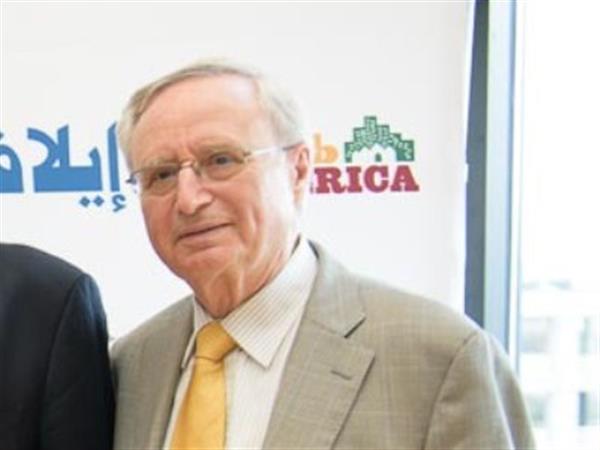


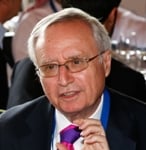


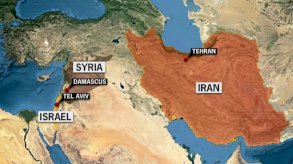
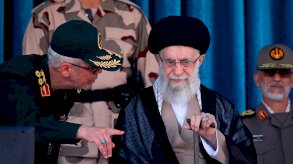
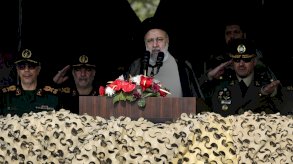

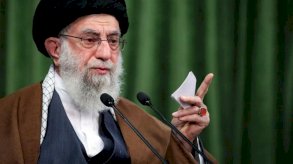

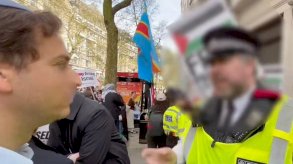
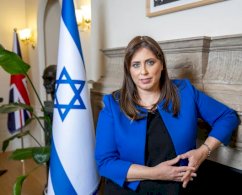
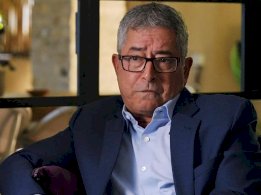
التعليقات